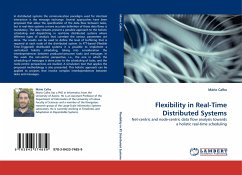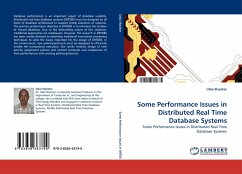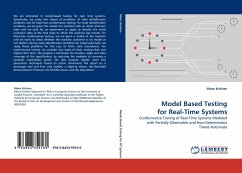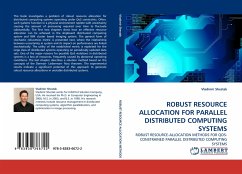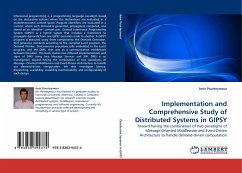In distributed systems the communication paradigm used for intertask interaction is the message exchange. Several approaches have been proposed that allow the specification of the data flow between tasks, but in real-time systems a more accurate definition of these data flows is mandatory. The data streams present a possible approach to the holistic scheduling and dispatching in real-time distributed systems where different types of analysis that correlate the various parameters are done. The results can be used to define the level of buffering that is required at each node of the distributed system. In FTT-based (Flexible Time-Triggered) distributed systems it is possible to implement a centralized holistic scheduling, taking into consideration the interdependences between producer/consumer tasks and messages. In this work the net-centric perspective, i.e., the one in which the scheduling of messages is done prior to the scheduling of tasks, and the node-centric perspectives arestudied. A simulation tool that applies the proposed methodology is also presented. This holistic approach can be applied to projects that involve complex interdependences between tasks and messages.
Bitte wählen Sie Ihr Anliegen aus.
Rechnungen
Retourenschein anfordern
Bestellstatus
Storno

